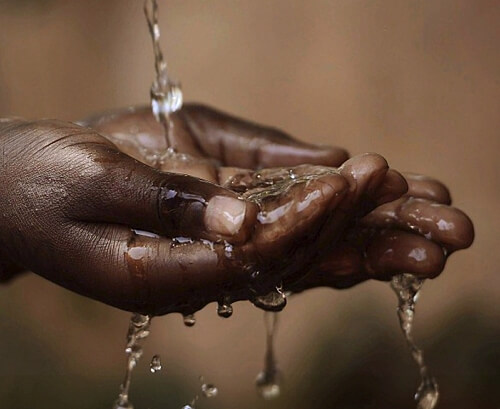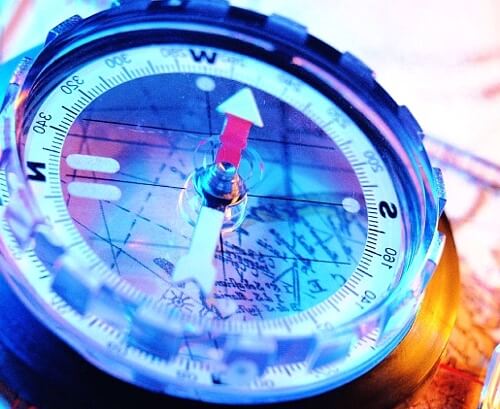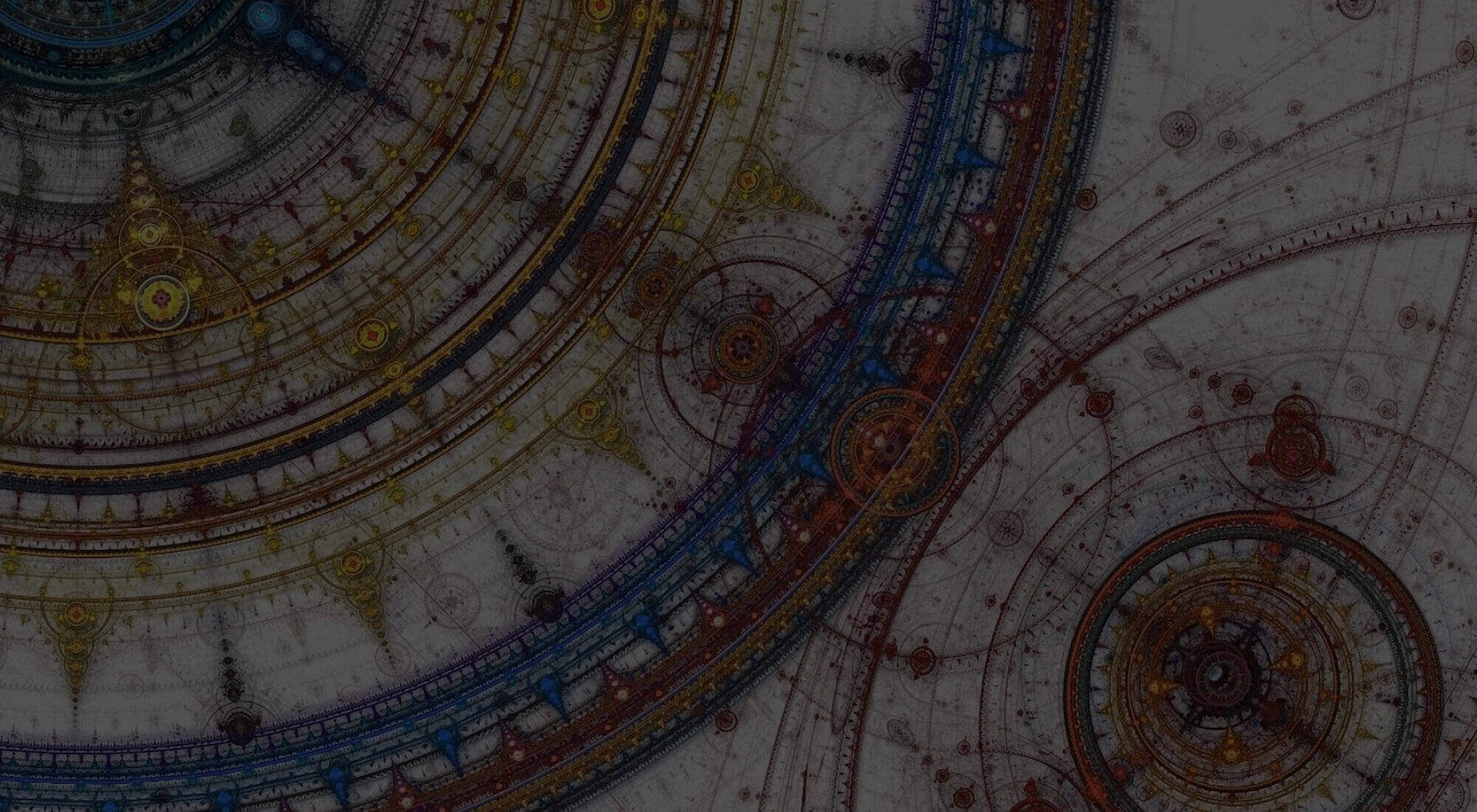There was so much blood; Ida has always been one to lose much blood from even the smallest cuts and wounds. I have always been worried about my little daughter; every time she comes back with yet another wound, my heart goes out to her. My mother-in-law says I’m too soft on her; how can I not be? I love my daughter and I want the best for her; Those times things were different. Every girl in our village went through the circumcision; I did, my mother did, her mother too. It is our culture. I just don’t like to think about the fact that my daughters have to go through such a painful ordeal; mine was bearable. There was pain and blood but it went away after some time. Oma, my first daughter didn’t suffer much; she’s a strong one. But Ida’s cries struck every nerve in my body; I couldn’t shut her cries out, neither could I stand the sight. What kind of mother am I to allow this to happen to my little sweet Ida?
Female Genital Mutilation is a tradition experienced by females within the ages 0-15 such as Ida. It is also called Female Genital Cutting or Female Circumcision. Although in the past 30 years, the prevalence of female genital mutilation in some parts of Nigeria has decreased, FGM in Nigeria is still dominant. This practice involves the removal of some or all parts of the external female genitalia, which could also be harming healthy and normal female genital organs for non-medical reasons. Again, FGM interferes with the natural physiology of the female body, posing both immediate and long term health complications such as infections, fertility issues, childbirth complications, loss of sexual pleasure and sometimes death.
This practice occurs usually happens in Africa, Asia, and the Middle East. It is normally carried out by traditional circumcisers using a blade; most of whom have no prior knowledge of human anatomy or medicine. FGM is considered an integral part of the culture and tradition of the communities, where it is practically rooted in gender inequality; attempts to control women’s sexuality and misguided ideas about purity, modesty, and beauty. For fear of social exclusion and a perceived sense of honour, women subject their daughters and granddaughters to circumcision with older women championing the practice despite the graveness of the issue.
The types of FGM practiced in Nigeria are:
- Type I, Clitoridectomy – removing the clitoral hood and the least part of the clitoris.
- Type II, Sunna – removing the full clitoris and part of the labia majora.
- Type III, Infibulation – removing the clitoris, labia minora, and labia majora. After which the vaginal opening is stitched up leaving a little hole open for the passage of urine and menstrual fluid.
- Type IV, all other harmful procedures to the female genitalia including prickling, cauterization, scraping, piercing and incising for non-medical reasons.
FGM has no health benefits; it results in a variety of complications that harms women’s physical, sexual and emotional health and wellbeing throughout their lives.
Short-term complications of this practice according to the World Health Organization include,
- Severe pain,
- Hemorrhage,
- Shock,
- Genital tissue swelling due to inflammatory response,
- Infections from the use of contaminated instruments,
- Urination problems,
- Impaired wound healing,
- Mental health problem, and sometimes
- Death.
Long-term health risks of FGM may occur at any time during life and they include
- Pain
- Infections such as chronic genital infections, urinary tract infections, reproductive tract infections, Human Immuno-Deficiency Virus (HIV), etc.
- Menstrual problems,
- Painful Urination,
- Keloids at the site of cutting,
- Impaired sexual health
- Vaginal problems
- Childbirth complications, and much more.
Although some communities still consider FGM to be normative and of cultural significance, it is a harmful practice from a public health perspective and also a violation of human rights. Empowering women and girls in Nigeria face many challenges due to many practices that are harmful and infringe on our rights as individuals. As women, we should work with each other to educate ourselves and our young minds on issues like this. We can change the narrative; we can rewrite what defines our culture. We owe it to our young ones and even our unborn girls to achieve equity and a balanced world for everyone.





